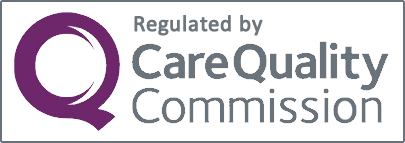Antibiotic resistance to Gonorrhoea
Sexual Health: The proportion of penicillinase-producing N.gonorrhoeae (PPNG) has gradually decreased in some countries. In certain countries, fluroquinolones are no longer recommended for empirical treatment of gonorrhoea because of rapid rise in resistance. The World Health Organization (WHO) recommends the use of antigonococcal agents that can cure >95% of patients, but with the increasing prevalence of resistant isolates, empirical selection of antimicrobial agents has become almost impossible. The prevalence of Gonorrhoea infection has decreased substantially in developed countries, but it is still prevalent in many developing countries with an estimated prevalence of 2% in young males in Sub-Saharan Africa, 1% in South and Southeast Asia, and 0.6% in South and Central America. The incidence of gonorrhoea has decreased in Korea but in 2007 the incidence of gonorrhoea was still as high as 12% in certain patient groups. Within the UK, the first line treatment regime is no longer cefiximine. The injection of an antibiotic is currently recommended as the most effective treatment. The infection should only be treated with tablets where an injection is not practical or available. It is recommended that patients do a Gonorrhoea Test test of cure about six weeks after they have been treated. This is to ensure that treatment has been successful.
Tags : Gonorrhoea Treatment STD Treatment Chlamydia & Gonorrhoea Test Gonorrhoea Test Sexual Health
